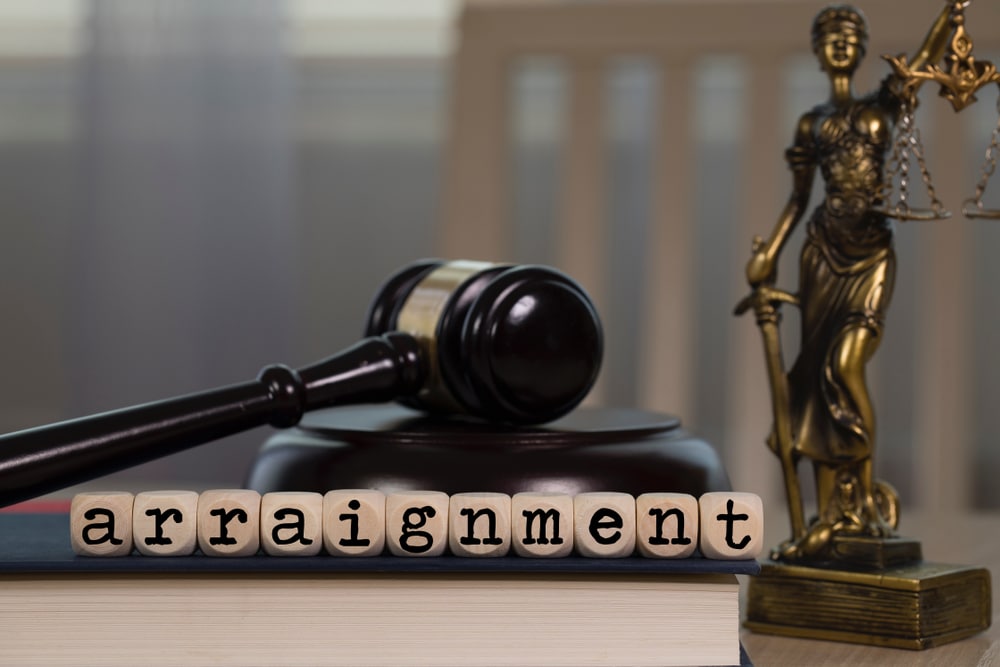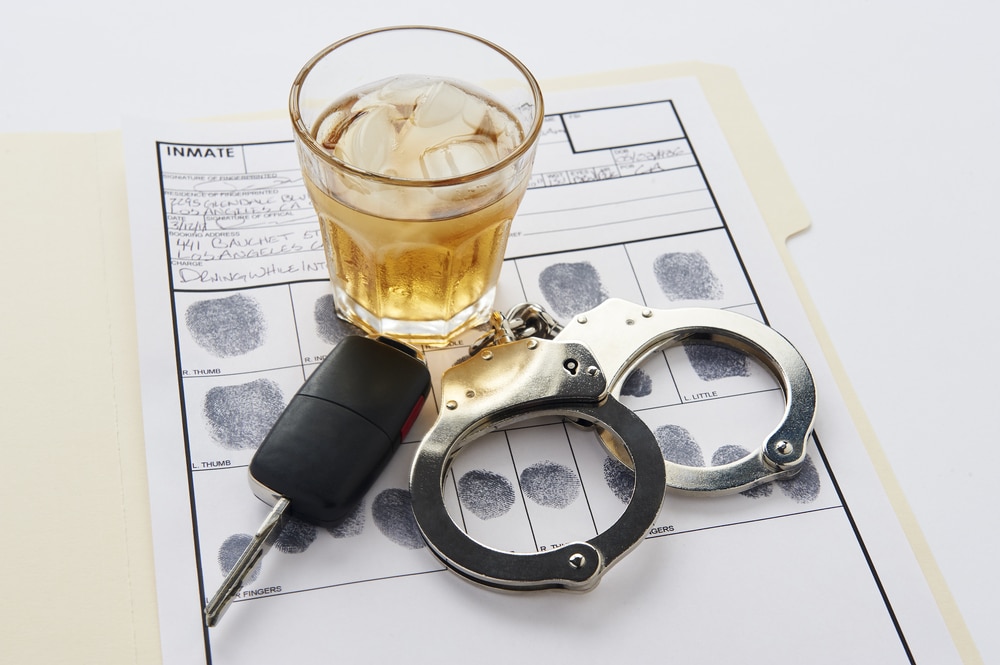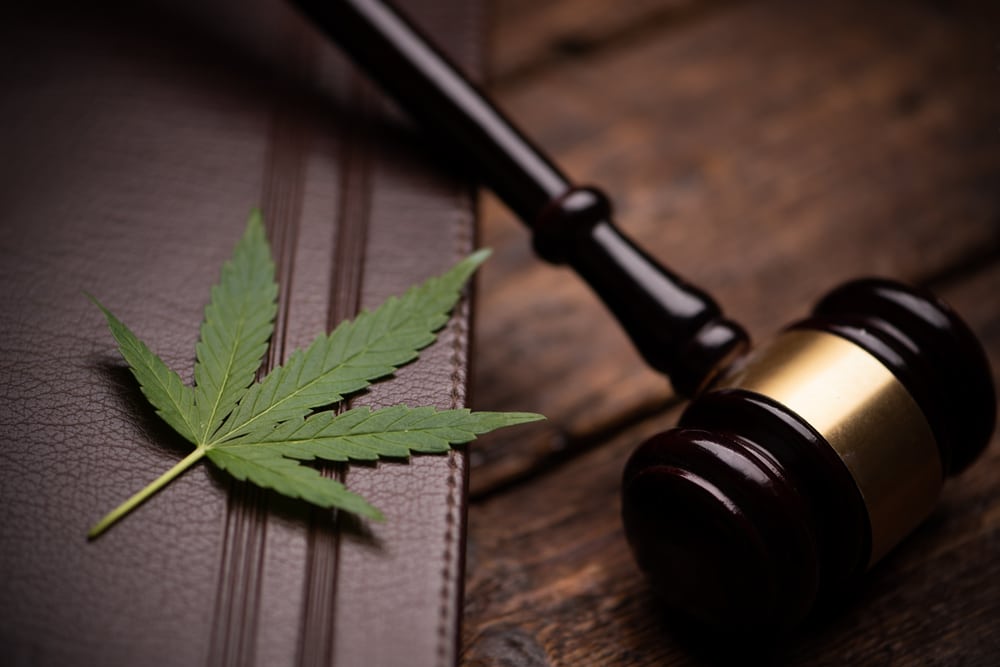A DWI of any kind is a serious matter that can result in harsh penalties, including monetary fines, a jail sentence, and license revocation. However, every DWI case is different — and the consequences can be even more severe if you have been convicted of an aggravated DWI. If there are aggravating factors in your case, you may face enhanced penalties, such as higher fines, longer incarceration, and extended license suspension.
What is an Aggravated DWI?
An aggravated DWI is one where aggravating factors are present that make the offense more serious. Such factors can heighten the potential penalties you might face upon a conviction. An aggravated DWI may be charged under the following circumstances:
- You were found to have a blood alcohol content of .18% or more
- You were on probation at the time of the DWI arrest
- You injured or killed someone while driving intoxicated
- You were driving with a child 15 years or younger in the vehicle at the time of the DWI
The look-back period in New York for drunk driving offenses can be five, 10, or 25 years, depending on the situation. While the law provides for enhanced sentencing for a second aggravated DWI within ten years, greater penalties can also be imposed for multiple alcohol or drug violations within a 25-year period.
What are the Penalties for an Aggravated DWI?
The facts and circumstances of every aggravated DWI case are different. Depending upon the specific offense, various penalties can be imposed. The potential consequences of an aggravated DWI are as follows:
Aggravated DWI, Per Se
An aggravated DWI, per se — driving with a BAC of .18% or higher — is more serious than a standard DWI offense. While a first aggravated DWI per se offense is also charged as a misdemeanor (like a regular DWI), the penalties can be much more severe. A conviction can result in a monetary fine between $1,000 and $2,500, one year in jail, and license revocation for one year. A second aggravated DWI within a ten-year period can be charged as a felony, carrying a four-year jail sentence, a $5,000 fine, three years of probation, and license revocation for one year and a half.
Vehicular Assault
In the event you injured or killed someone while driving under the influence of alcohol or drugs, you could be charged with the crime of vehicular assault or vehicular manslaughter. Depending on the facts of the case, this offense can be charged as either a Class D felony, carrying a maximum jail sentence of seven years and a fine up to $10,000 — or a Class E felony carrying a jail sentence of four years and a fine up to $5,000.
Leandra’s Law Violations
If you were operating a motor vehicle while intoxicated with a child under 15 in it, this aggravated DWI offense is an automatic Class E felony. Specifically, a violation of Leandra’s Law can be charged if you were impaired by alcohol, drugs, or a combination thereof. The charges can be elevated to a Class C felony, carrying a jail sentence of 15 years if the child sustained a “serious physical injury” in connection with the DWI.
Contact an Experienced New York DWI Attorney
If you have been accused of an aggravated DWI, it’s important to have a knowledgeable criminal defense attorney by your side who can fight for your rights. The attorneys at D’Emilia Law offer aggressive representation to those who are facing drug or alcohol DWI charges and strive to obtain the best possible outcome in every case. To schedule a consultation, contact us at 1-888-DEMILIA.











